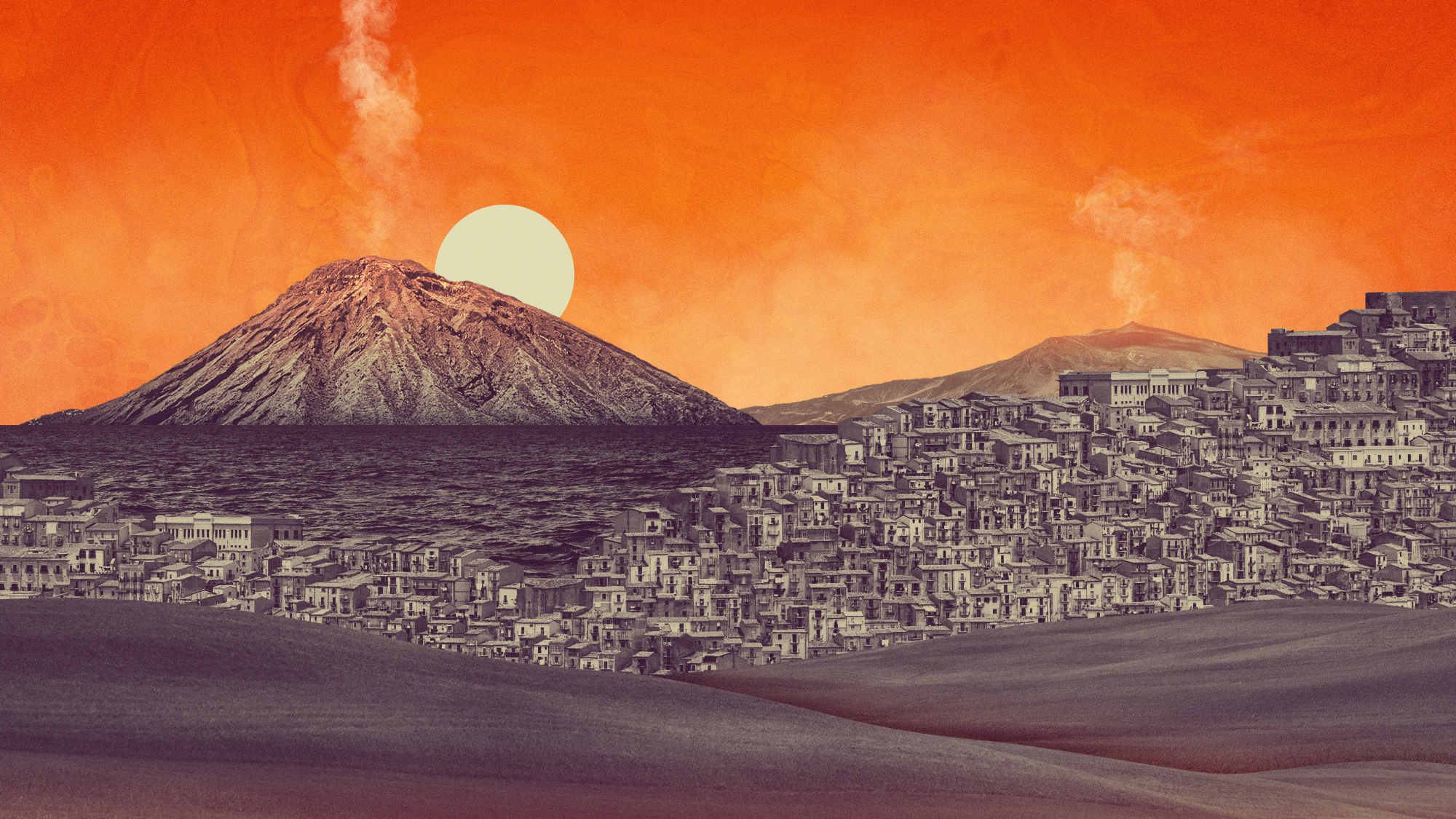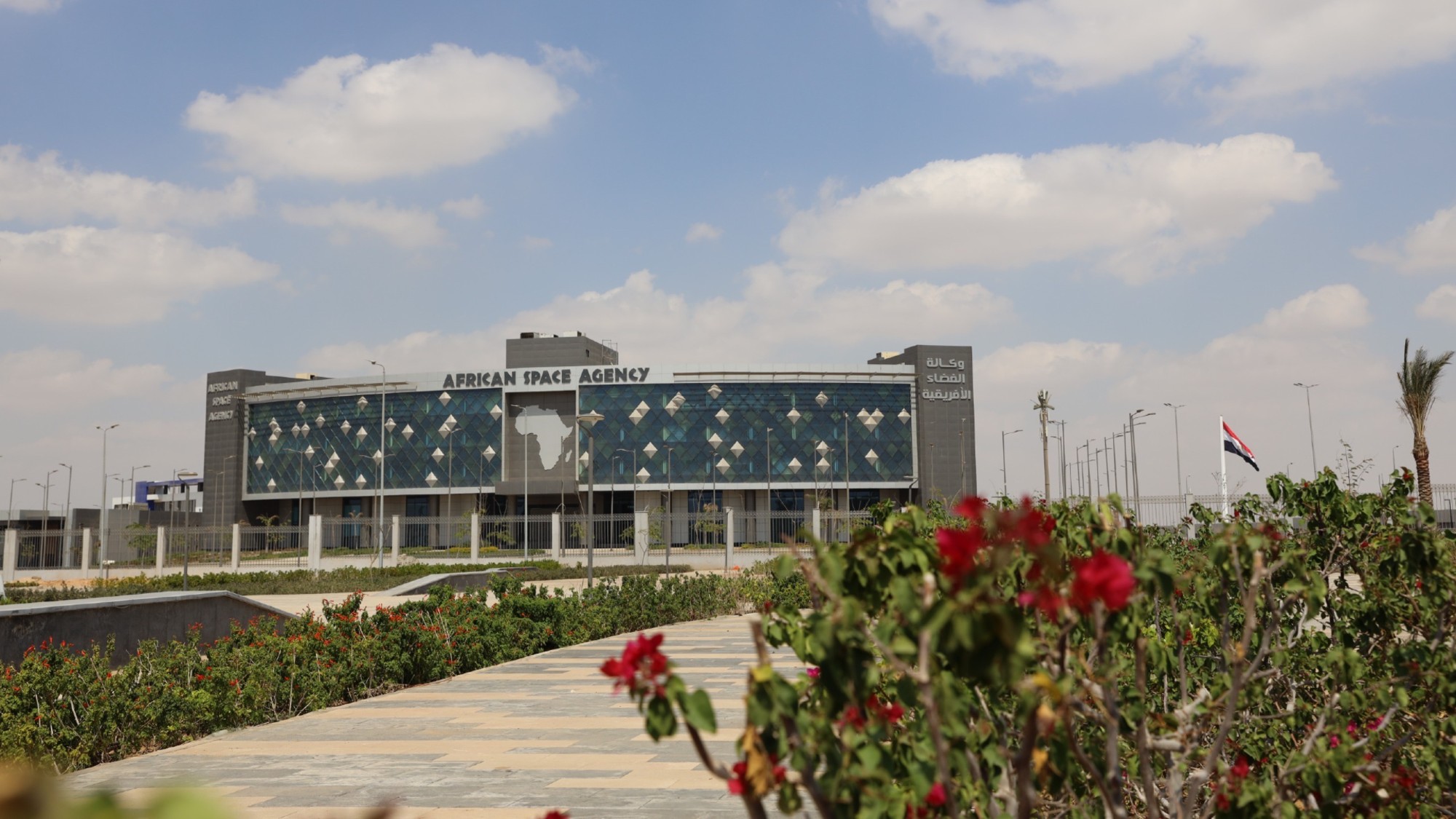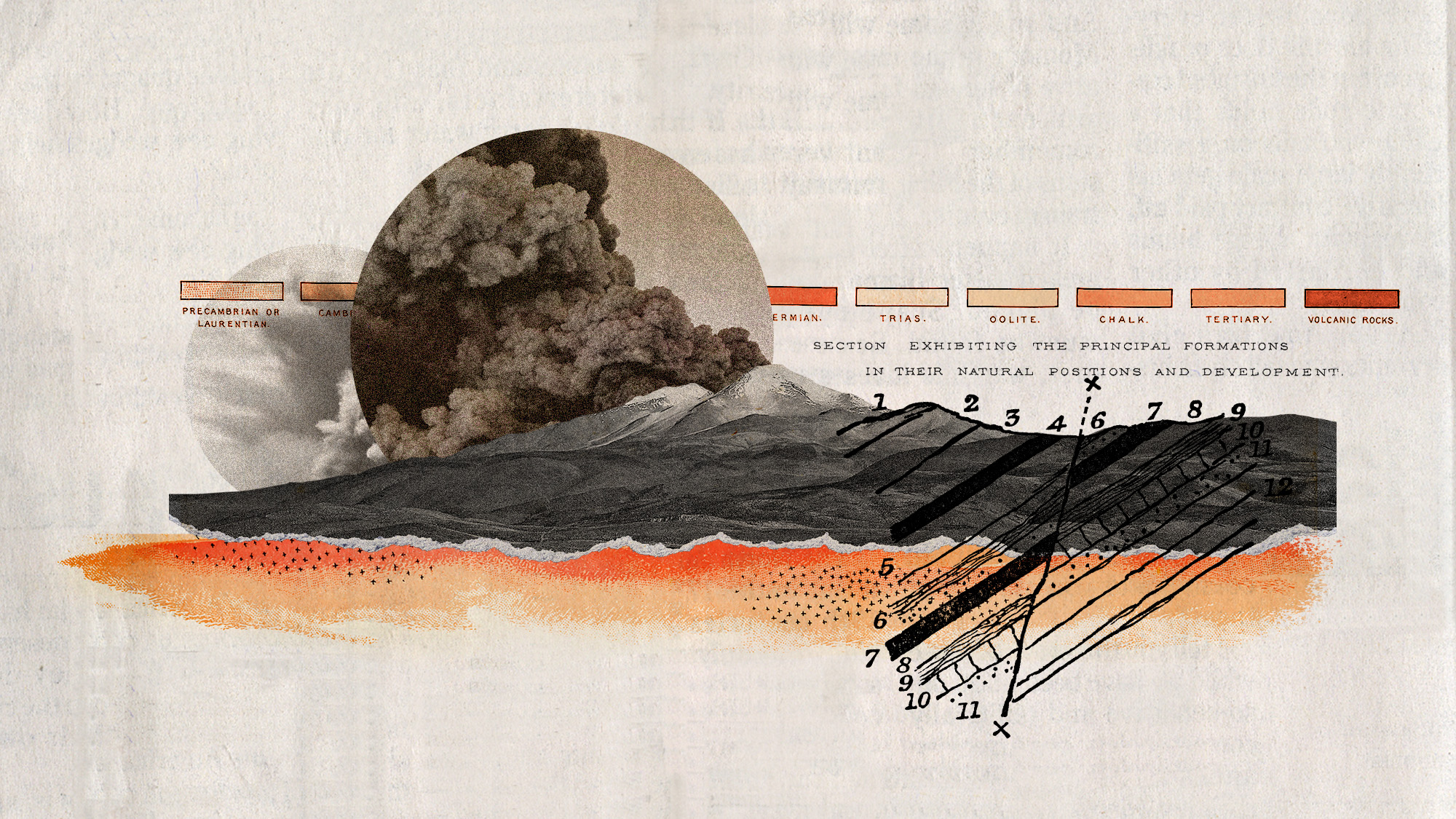Italy is a hotbed of volcanic activity
Concerns over an impending disaster are erupting


A free daily email with the biggest news stories of the day – and the best features from TheWeek.com
You are now subscribed
Your newsletter sign-up was successful
Italy's Mount Etna and Mount Stromboli volcanoes erupted in recent days, spewing smoke and ash into the air. These volcanoes are two of the most active in the world — but they are not the only ones to pose a risk in Italy. The country is a hotbed of volcanic activity, and a larger threat could be brewing beneath the surface.
What is the state of Italy's volcanoes?
Mount Etna and Mount Stromboli, two volcanoes only 180km apart, both erupted within a day of each other; this stunted travel and put Italy on high alert. "Etna, one of the world's most active volcanoes, has seen intense activity in recent days, lighting up the sky near the city of Catania, while Stromboli off the northern Sicilian coast has spilled lava into the sea," said USA Today. However, these volcanoes only represent a fraction of the threat Italy faces.
Italy has 12 volcanoes total, with nine still considered active, and the country is prone to earthquakes and other seismic activity. One of the most famous disasters resulting from this combination is the eruption of Mount Vesuvius, which destroyed the city of Pompeii in 79 A.D. Now scientists are worried an even bigger disaster could be on the horizon. "With 24 hidden underground craters, the Campi Flegrei, a so-called supervolcano, dwarfs the better-known Vesuvius," said Politico. Since the summer of 2023, several small earthquakes have appeared in the region, causing concern around a potentially catastrophic future eruption.
The Week
Escape your echo chamber. Get the facts behind the news, plus analysis from multiple perspectives.

Sign up for The Week's Free Newsletters
From our morning news briefing to a weekly Good News Newsletter, get the best of The Week delivered directly to your inbox.
From our morning news briefing to a weekly Good News Newsletter, get the best of The Week delivered directly to your inbox.
Could there be a supervolcanic eruption on the horizon?
The tremors are causing concern among both scientists and residents of the Camp Flegrei region. "The scientific community agrees that the tremors and uplift are signs that the volcano is awakening," but they are "struggling to rectify two competing explanations" for the occurrence, said Scientific American. "An answer to the geological mystery could bring scientists much closer to determining how likely the volcano is to blow," and it could also "provide geologists worldwide with warning signs they could look for when other big volcanoes start rumbling, especially supervolcanoes." The last time the Campi Flegrei supervolcano erupted was 500 years ago, and the effects were widespread. "Its last eruption in 1538 led to the formation of a mountain," said Politico. "And a massive blowout 40,000 years ago cloaked much of eastern Europe with ash — with traces found as far away as today's Russia."
Camp Flegrei is incredibly large, making it difficult to determine and predict volcanic activity. "The eruptions migrate over time, so we'll never know where, nor when of course, there'll be the next eruption," Vincenzo Morra, a geologist at the University of Naples Federico II, said to the BBC. "And that of course makes the Campi Flegrei more dangerous than Vesuvius." The entire Camp Flegrei region is now being analyzed and studied. Scientists are using drones "equipped with thermal monitoring devices to study surface temperatures around the fumaroles," which are "vents in the Earth's surface that emit steam and hot volcanic gases like sulfur dioxide and carbon dioxide," said BBC Science Focus.
Governments are also determining what actions could be taken by the people living in the Camp Flegrei region. Some solutions include rehousing programs and the prevention of new development in the region due to high risk levels. However, "what could be equally problematic for the government is that many more [residents] will want to stay, avoiding uprooting their families and protecting their homes amid fears about looting," said Politico. "People have lived here for generations. They are used to earthquakes," Mara Muscarà, a regional councilor, said to the outlet. "They say this is my land, I don't want to leave."
A free daily email with the biggest news stories of the day – and the best features from TheWeek.com
Devika Rao has worked as a staff writer at The Week since 2022, covering science, the environment, climate and business. She previously worked as a policy associate for a nonprofit organization advocating for environmental action from a business perspective.
-
 Political cartoons for February 15
Political cartoons for February 15Cartoons Sunday's political cartoons include political ventriloquism, Europe in the middle, and more
-
 The broken water companies failing England and Wales
The broken water companies failing England and WalesExplainer With rising bills, deteriorating river health and a lack of investment, regulators face an uphill battle to stabilise the industry
-
 A thrilling foodie city in northern Japan
A thrilling foodie city in northern JapanThe Week Recommends The food scene here is ‘unspoilt’ and ‘fun’
-
 NASA’s lunar rocket is surrounded by safety concerns
NASA’s lunar rocket is surrounded by safety concernsThe Explainer The agency hopes to launch a new mission to the moon in the coming months
-
 How Mars influences Earth’s climate
How Mars influences Earth’s climateThe explainer A pull in the right direction
-
 How climate change is affecting Christmas
How climate change is affecting ChristmasThe Explainer There may be a slim chance of future white Christmases
-
 Africa could become the next frontier for space programs
Africa could become the next frontier for space programsThe Explainer China and the US are both working on space applications for Africa
-
 NASA is moving away from tracking climate change
NASA is moving away from tracking climate changeThe Explainer Climate missions could be going dark
-
 A rat infestation is spelling trouble for the almond industry
A rat infestation is spelling trouble for the almond industryThe Explainer The infestation has affected at least 100,000 acres in California
-
 What would happen to Earth if humans went extinct?
What would happen to Earth if humans went extinct?The Explainer Human extinction could potentially give rise to new species and climates
-
 A zombie volcano is coming back to life, but there is no need to worry just yet
A zombie volcano is coming back to life, but there is no need to worry just yetUnder the radar Uturuncu's seismic activity is the result of a hydrothermal system
